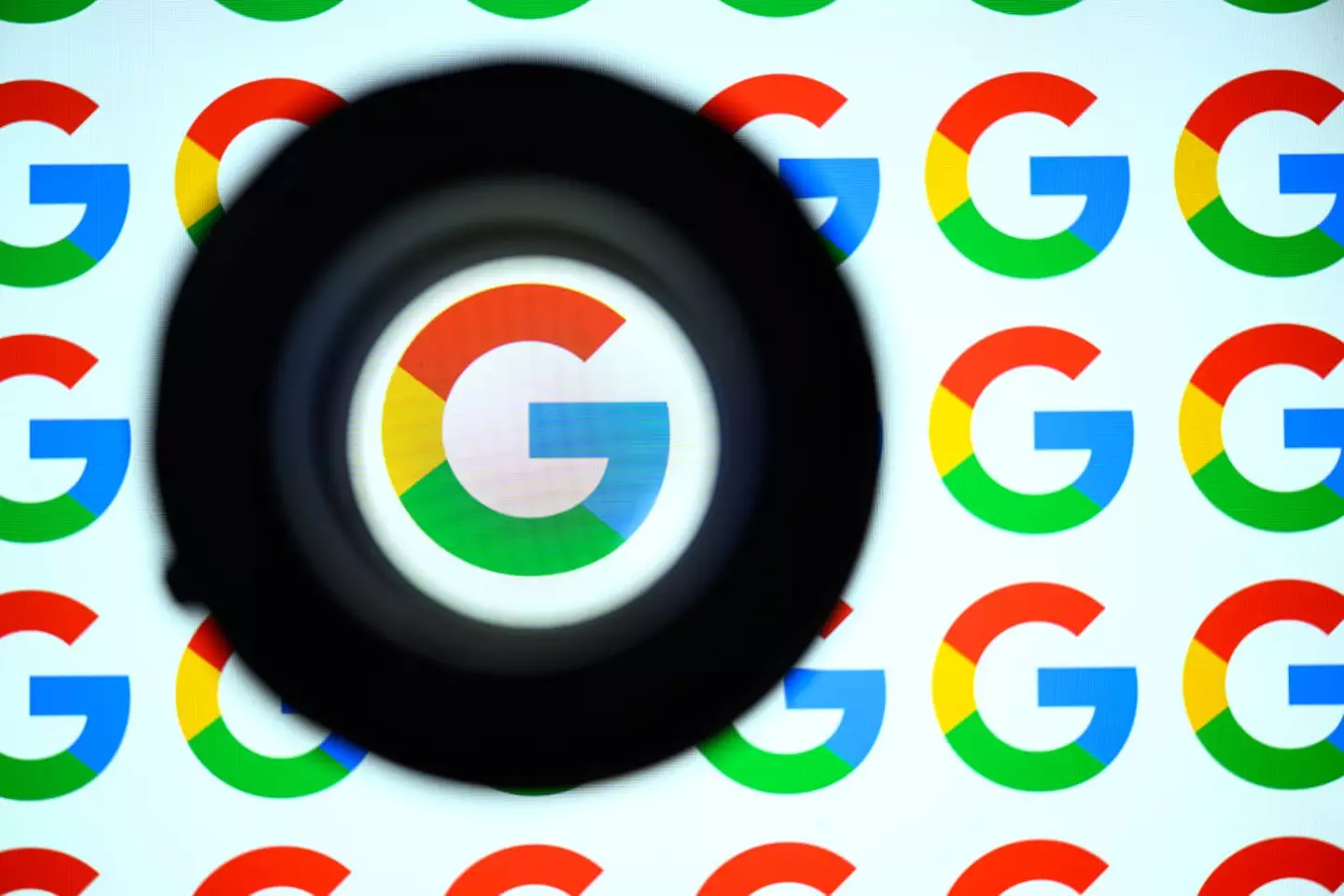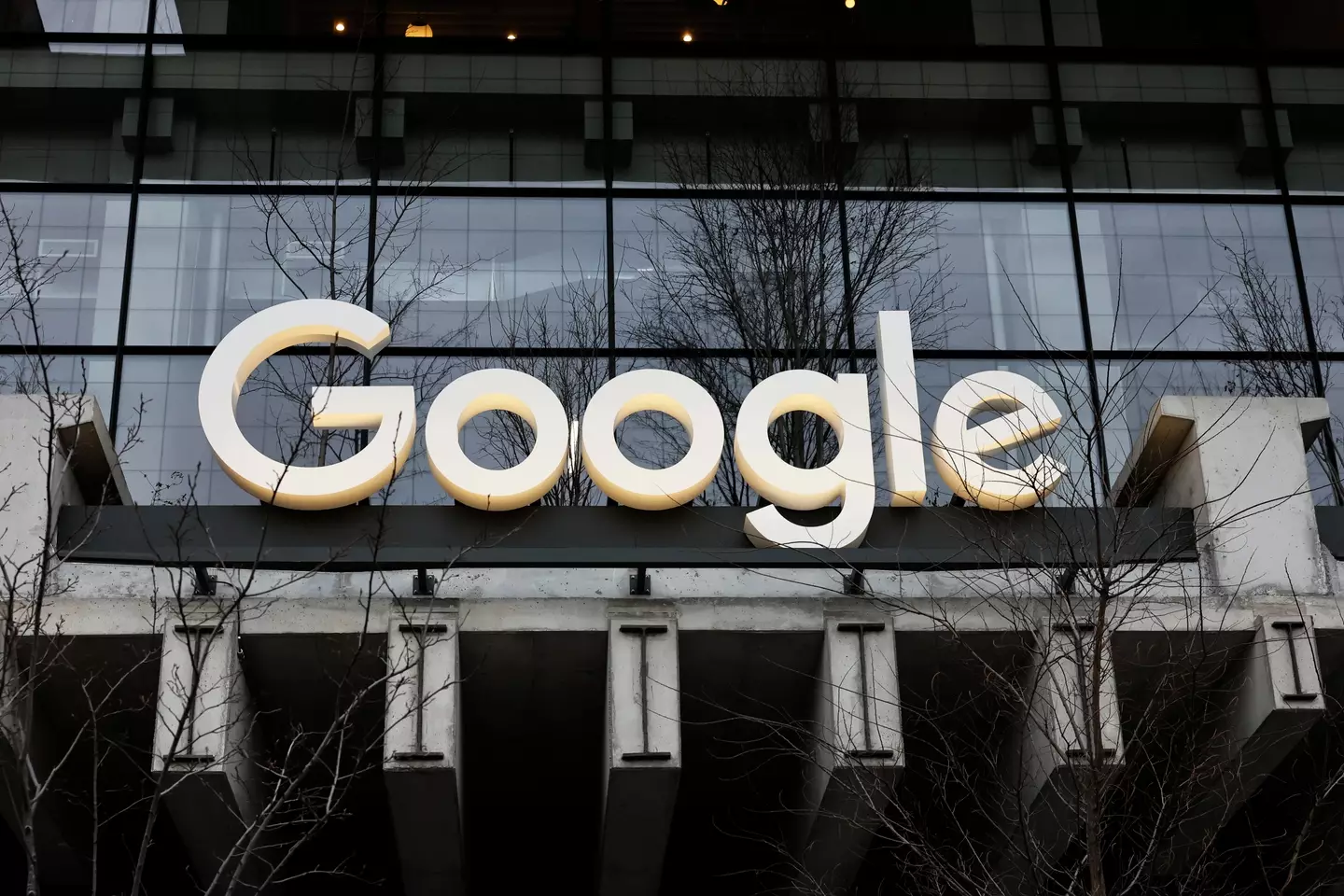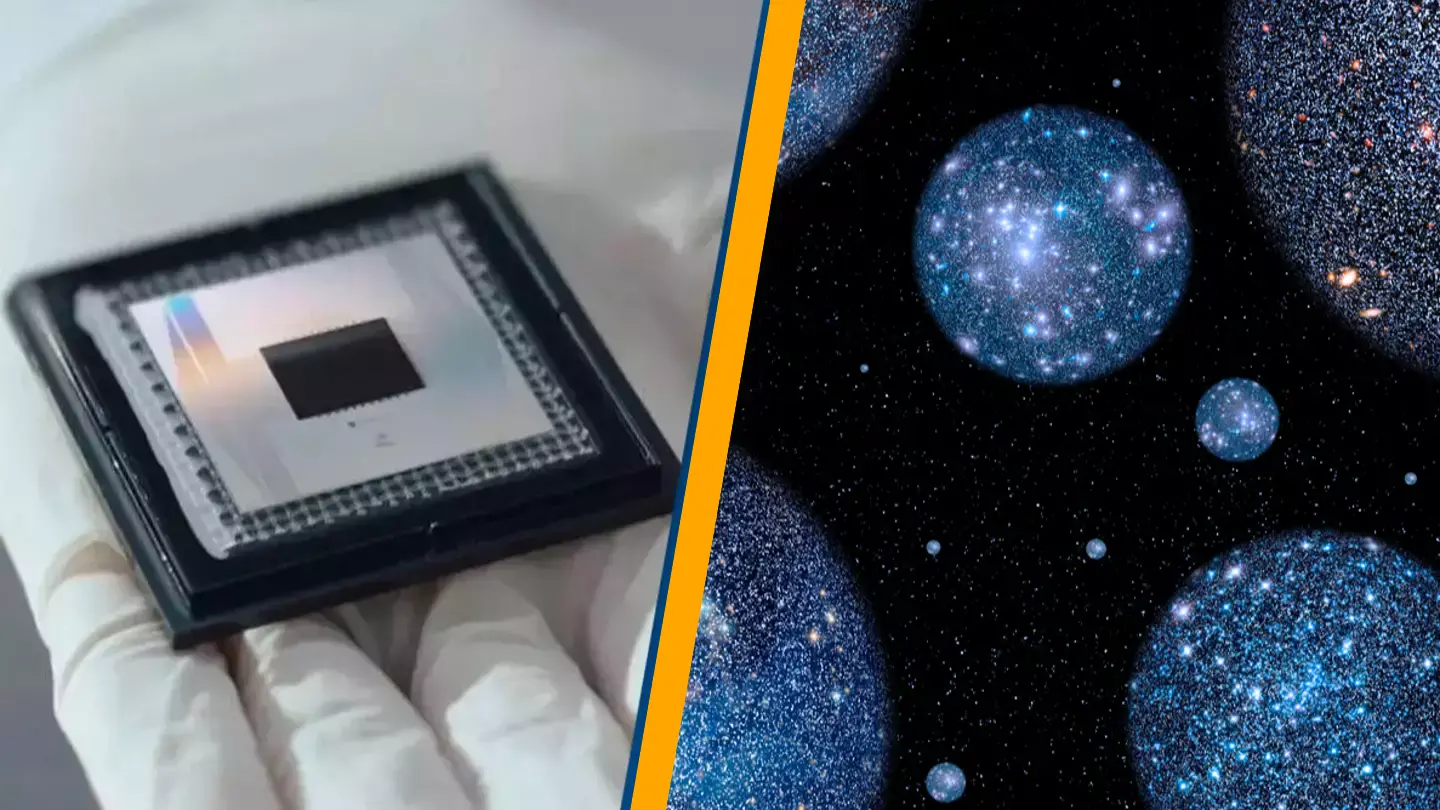Google has unveiled what it believes is compelling evidence supporting the notion that “we live in a multiverse,” marking a significant statement from the tech giant.
Since its inception in 1998, Google has been at the forefront of technological advancement, often regarded as a leader in the tech industry.
The company’s latest project, a chip named ‘Willow’, is generating buzz for its extraordinary processing speed, likely to capture the interest of tech enthusiasts.
But just how fast is this chip?
According to Google, it can solve problems in under five minutes that would otherwise require ten septillion years with current technology.

In a blog post, Google’s Quantum AI lead, Hartmut Neven, stated: “Willow’s performance on this benchmark is astonishing: It performed a computation in under five minutes that would take one of today’s fastest supercomputers 1025 or 10 septillion years. If you want to write it out, it’s 10,000,000,000,000,000,000,000,000 years.”
He continued, “This mind-boggling number exceeds known timescales in physics and vastly exceeds the age of the universe. It lends credence to the notion that quantum computation occurs in many parallel universes, in line with the idea that we live in a multiverse, a prediction first made by David Deutsch.”
It seems that Google’s explanation for Willow’s remarkable speed involves the potential overlap of our universe with parallel ones.
As for Willow’s future and its availability, what’s next on the horizon?
The chip holds a promising outlook, potentially revolutionizing the tech industry.

“The next challenge for the field is to demonstrate a first ‘useful, beyond-classical’ computation on today’s quantum chips that is relevant to a real-world application,” notes a press release.
The release adds, “We’re optimistic that the Willow generation of chips can help us achieve this goal. So far, there have been two separate types of experiments. On the one hand, we’ve run the RCS benchmark, which measures performance against classical computers but has no known real-world applications.”
Google also mentioned that the chip will advance the company towards executing “practical, commercially-relevant algorithms” that traditional home computers cannot perform.
Even with Willow’s impressive speed, Google is working on advancements that might make it even faster.

